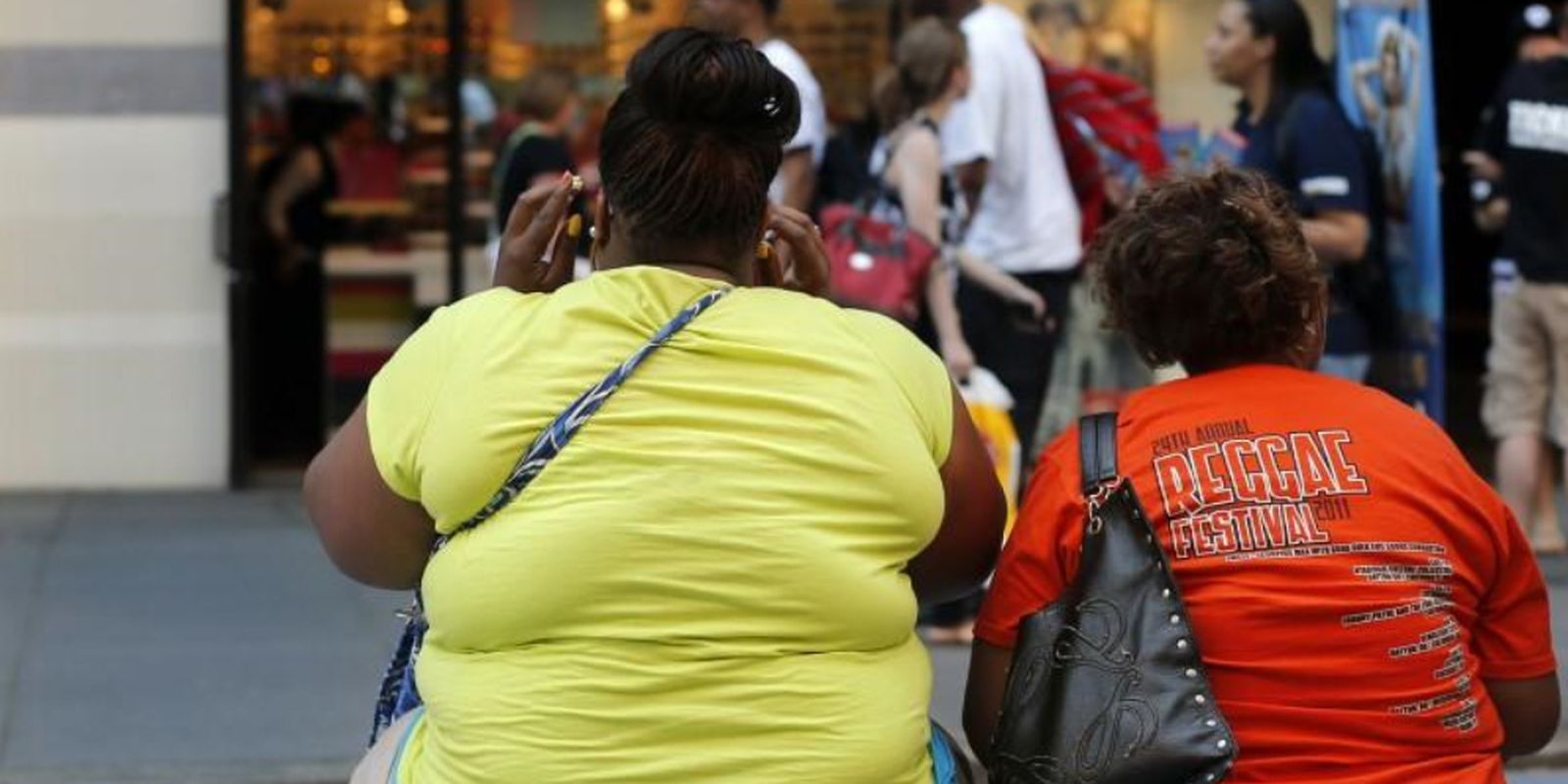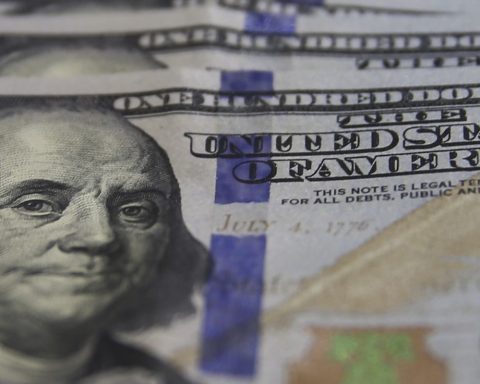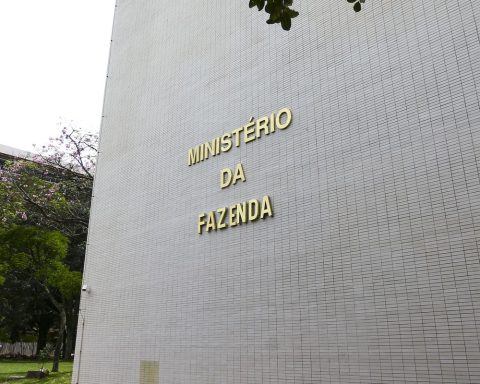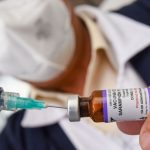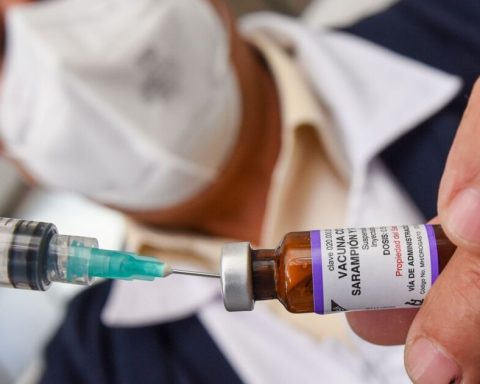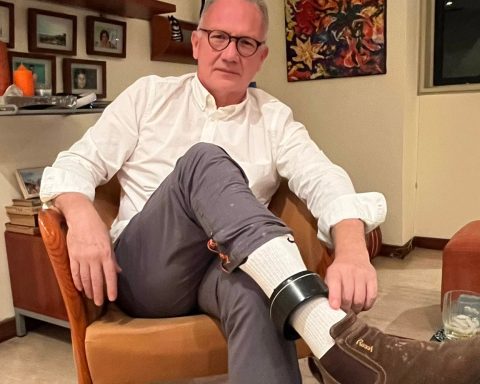Eight out of ten people with obesity have already felt some type of embarrassment due to being overweight, with most claiming to be a victim of discrimination at least once a month. A survey on obesity and fatphobia, carried out on the internet with 3,621 people, of which 88% were overweight, reveals that, for 72% of respondents, the family environment is the most hostile in relation to episodes of embarrassment due to weight.
Conducted in February of this year by the Brazilian Society of Endocrinology and Metabology (SBEM) and by the Brazilian Association for the Study of Obesity and Metabolic Syndrome (Abeso), the research identified that, after the family environment, the places where people with obesity feel more prejudice they are stores and commerce in general (65.5%), followed by situations of discrimination at the doctor (60.4%) and at work (50.7%).
Endocrinologist Maria Edna de Melo, coordinator of the Obesity Department at SBEM, said that embarrassment and prejudice do not only affect obese people. “Nearly 70% of overweight people already report having weight-related embarrassment. And as the degree of obesity increases, it becomes more frequent.”
For the doctor, what drew the most attention in the survey was that the main place of prejudice is the patient’s own home. “Although at school and at work there are situations of embarrassment, it is at home that prejudice is more frequent. On a daily basis, when we talk to patients, this is very clear”.
Data from the Ministry of Health inform that, in Brazil, overweight affects more than 60% of the population, and about 20% of adults are already obese.
To minimize the great impact of this disease on the health of Brazilians, the endocrinologist is betting on expanding knowledge on the subject and offering adequate care.
“People need to understand obesity as a disease, understand that it is not a choice, that people who have obesity seek, daily, to improve their diet, to try to improve their health. For the obese population, in general, this is an everyday attempt. If it wasn’t a disease, it would be easy. But it is not. It is very difficult to control the impulse for food, because there is food everywhere”, says the doctor.
She also highlighted the need to understand the complexity of the problem and respect people with this condition. According to the expert, people have a very closed view when it comes to obesity. “Everyone thinks you just shut your mouth and go for a walk and people are pretty sure they know everything about it. There is a lack of humility for people to study the subject and empathy to understand that it is not a defect of the person nor is it a lack of will”, she indicated.
Respect
Research also shows that the greater the degree of obesity, the greater the frequency of people experiencing some daily embarrassment: 27% of people with grade 3 obesity reported experiencing embarrassment every day. “For some people, this happens daily. This is very bad, because it makes obesity worse. The person gets stressed, gets anguished and ends up eating more”. To this is often added the genetic factor, he reiterated.
For the Day of Fight against Fatphobia, remembered this Saturday (10), the endocrinologist emphasizes the need for respect. “We need to respect people regardless of their body. You have to respect it no matter what. If it’s the person’s condition, it’s none of our business. It is not us who have to interfere, but the person himself who has to take action when and if he thinks he should”.
“With empathy, we help. It’s no use being non-fatphobic. It has to be anti-rhophobia,” he added.
Preconception
For Maria Edna de Melo, prejudice may be one of the factors that contributes to worsening obesity. Almost 30% of overweight people say they believe they are to blame for that condition and do not seek professional help.
“In reality, obesity is a disease that is influenced by several factors such as genetics, lifestyle, stress, the existence of other associated diseases, some drug treatments, in addition to the type of diet that person follows. It is not an individual choice, but a consequence of a confluence of factors”, he pointed out.
The survey also shows that 81% of people with obesity have already tried to lose weight in some way, with 68% doing so with specialized help, whether from doctors, nutritionists or other health specialists, and 32% on their own.
Of those who tried it on their own, more than half (63%) invested in the diet and physical activity combo. Among people who claimed to have tried to lose weight on their own, at least 18% reported having used medication without medical supervision and risky artifices such as meal replacements (‘shakes’), products or medicines sold on the internet, herbal medicines and teas .
For Maria Edna, these numbers show that people still have resistance to seeking specialized help. But, according to her, obesity, like any other disease, needs treatment.
The survey identified that only 13% of people sought help to lose weight in the Unified Health System (SUS), and 62% of them declared that they did not feel comfortable and welcomed in the service, which occurred more frequently among those with a higher degree. of obesity.
“This highlights another worrying fact, which is the prejudice that people with obesity feel when seeking medical help. We need professionals who are better prepared and ready to meet this demand”, warned the endocrinologist.
A person is diagnosed with obesity when their Body Mass Index (BMI) is greater than or equal to 30 kg/m2. The normal range varies between 18.5 and 24.9 kg/m2. BMI is calculated by dividing weight (in kilograms) by height squared (in meters).
According to the Ministry of Health, obesity is one of the main risk factors for several non-communicable diseases, such as type 2 diabetes, cardiovascular diseases, hypertension, stroke and various forms of cancer.
The Day of Fight Against Fatphobia (10/09) was created to replace the “Day of the Fat” which, for a long time, was seen in a pejorative way. In recent years, however, the date has been embraced by the Brazilian Society of Endocrinology and Metabology to make society aware of the importance of respecting the person with obesity.
